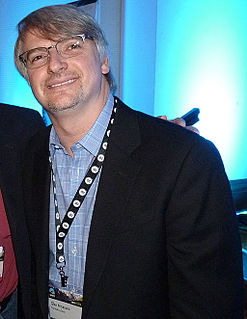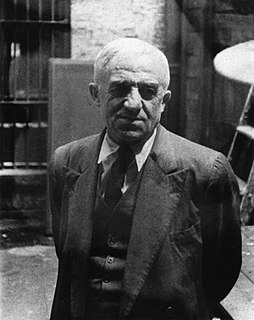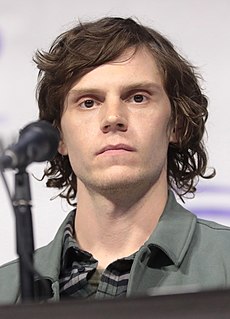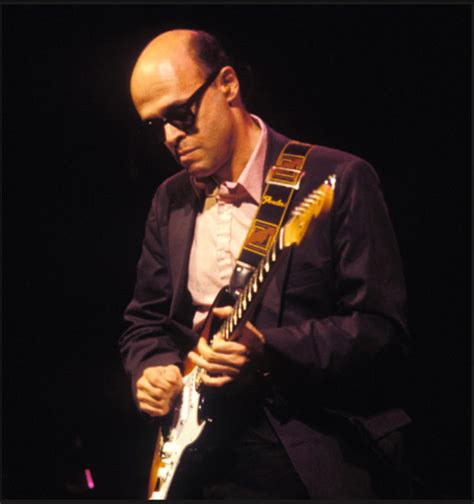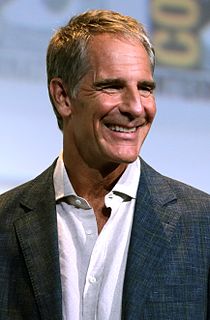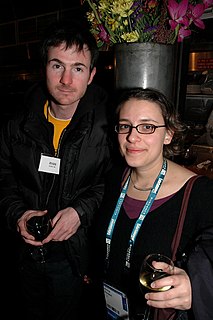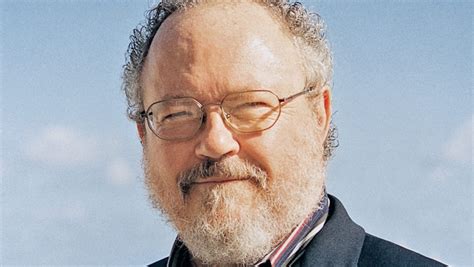A Quote by Glen Mazzara
I went to NYU undergraduate, then for a Master's in English, and got a summer job at St. Vincent's. I was a ward clerk handling everything in an intensive care unit.
Related Quotes
I believe that a core problem with undergraduate education, especially at research universities like Harvard, Stanford, NYU, etc, is that most teaching is done by PhDs, who by temperament, training, interests, and rewards are researchers first. So they spend most of their time and energy probing a snip of a field's cutting edge. In my view, the attributes needed to be a transformative undergraduate instructor are pretty orthogonal to that. It would seem that undergraduate education would be superior if there was a separate track for teaching faculty.
I wrote the plot [for the Persepolis ]and Vincent [Paronnaud] and I wrote and discussed the shooting of the script. Vincent then took care of the production design, the actual shooting, and what was going on within each scene. It's very difficult, though, to draw a line between who did what. Because Vincent would say something, and I would add something, and at the end you have this film, yet no clear idea of who did what.
Ghost?” St. Vincent shot him an incredulous glance. “Christ. You’re not serious, are you?” "I’m a Gypsy,” Cam replied matter-of-factly. “Of course I believe in ghosts.” “Only half Gypsy. Which led me to assume that the rest of you was at least marginally sane and rational.” “The other half is Irish,” Cam said a touch apologetically. “Christ,” St. Vincent said again, shaking his head as he strode away.
I read everything I could find in English - Twain, Henry James, Hemingway, really everything. And then after a while I started writing shorter pieces in English, and one of them got published in a literary magazine and that's how it got started. After that, graduate school didn't seem very important.
I worked for dad on the grounds and I was in high school and I said I wanted to go to college, and he said, well, you figure it out. He said I will pay for your college but you're going to go to St. Vincent. St. Vincent College right here. That's about as much as I can afford, you work here, right here at home. I said, what if I can get somewhere else? And he said if I can get there, that's your call.
